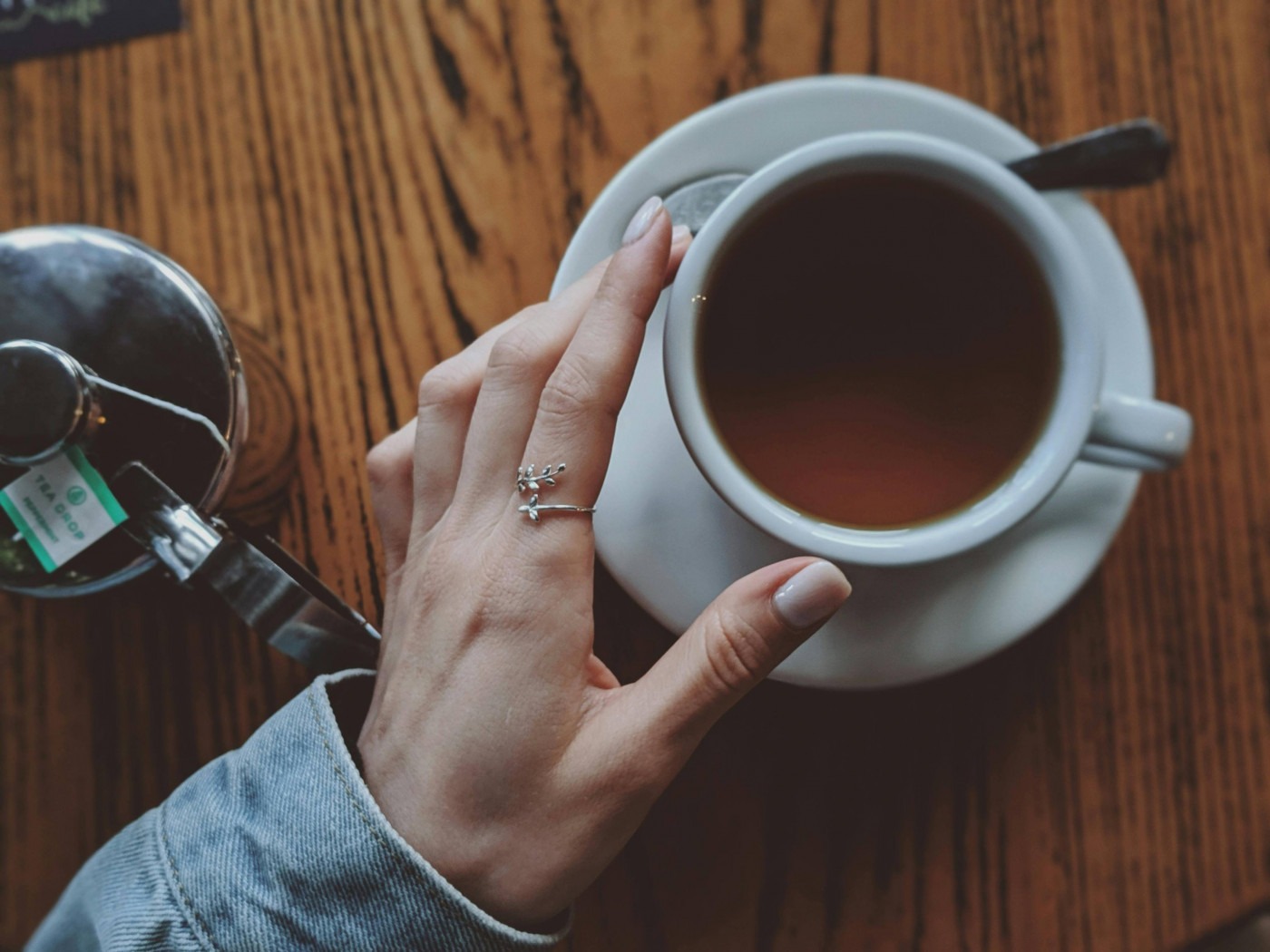The British teatime alarm’s international audiences
It goes without saying that afternoon tea – and tea consumption in general – is an integral part of the British archetype. Most tourists hope to achieve the goal of experiencing a high tea at London’s tea rooms, so when the ‘British Tea Time Alarm’ TikTok trend took off, Brits went to the extreme in showing how the daily delight calls for a regular alert which calls the nation to action in order to have their afternoon cuppa on time.
Many videos see Brits across the UK panicking, running, avoiding commitments and responsibilities to make the daily 3pm alarm
As a result of the trend many international audiences, American audiences particularly, were baffled and unsure as to whether the frenzy was a fraud or a cult-movement. There was a high level of curiosity surrounding which Brits quickly responded to. Many videos see Brits across the UK panicking, running, avoiding commitments and responsibilities to make the daily 3pm alarm. One case saw an online business meeting haltered as the alarm blared and all the squares on screen were emptied as the members left their workspace to acquire their mandatory afternoon tea-time fix. Once all members reconvened, the meeting resumed as normal as though nothing happened. Another video from Scroll Deep entitled ‘Tea Time Alarm: A British Saga’, goes as far as to assert not only that the alarm is real but also synopsises the history behind its origins as well as rhymes which were taught in school to keep people accountable (“obey the alarm or face harm”, for instance). The creator also marks the policies from the government regarding fines for improper consumption and potential reasons for alarm exemption. British Tiktokers Aly and G then went so far as to list valid reasons for tea time extenuating circumstances including being in labour, fire or fire alarm, power cuts, or even being on an international flight.
Furthermore, mainly British creatives and companies have joined the trend, recounting stories and providing evidence in the shape of fines as though they had missed the alarm and not consumed their tea on time. A HMP Tetley official page has also been created online with a tea-time countdown, a report form for improper consumption, and a Tea-Time licence application. There are also official abbreviations: TTA – Tea Time Alarm, TCA – the Tea Consumption Act, and TVLA – the Tea Vigilance and Licensing Authority.
The Tea Time Alarm spun a British stereotype so far as to prank-troll social media users and it had a truly remarkable effect
Sadly, the Tea Time Alarm is not real – it is indeed fake. The UK have united for a committed British bit to fool international audiences, and as a result of the traction it caught, it reached impressive levels of virality. Even the UK Government joined the conversation, which heightened the validity of the claim. Classic British programmes like This Morning and even Britian’s Got Talent (who stopped an audition so Simon Cowell could have his tea in the allotted hour) elevated the trend’s credibility whilst also demonstrating how far the nation and British media will go to have tea-drinking taken seriously.
It also goes without saying that tea has to be accompanied by the perfectly dunked biscuit, so will the next great debate sweeping the nation be the official best tea-dunker? Who knows, what we do know is that the Tea Time Alarm spun a British stereotype so far as to prank-troll social media users and it had a truly remarkable effect.

Comments